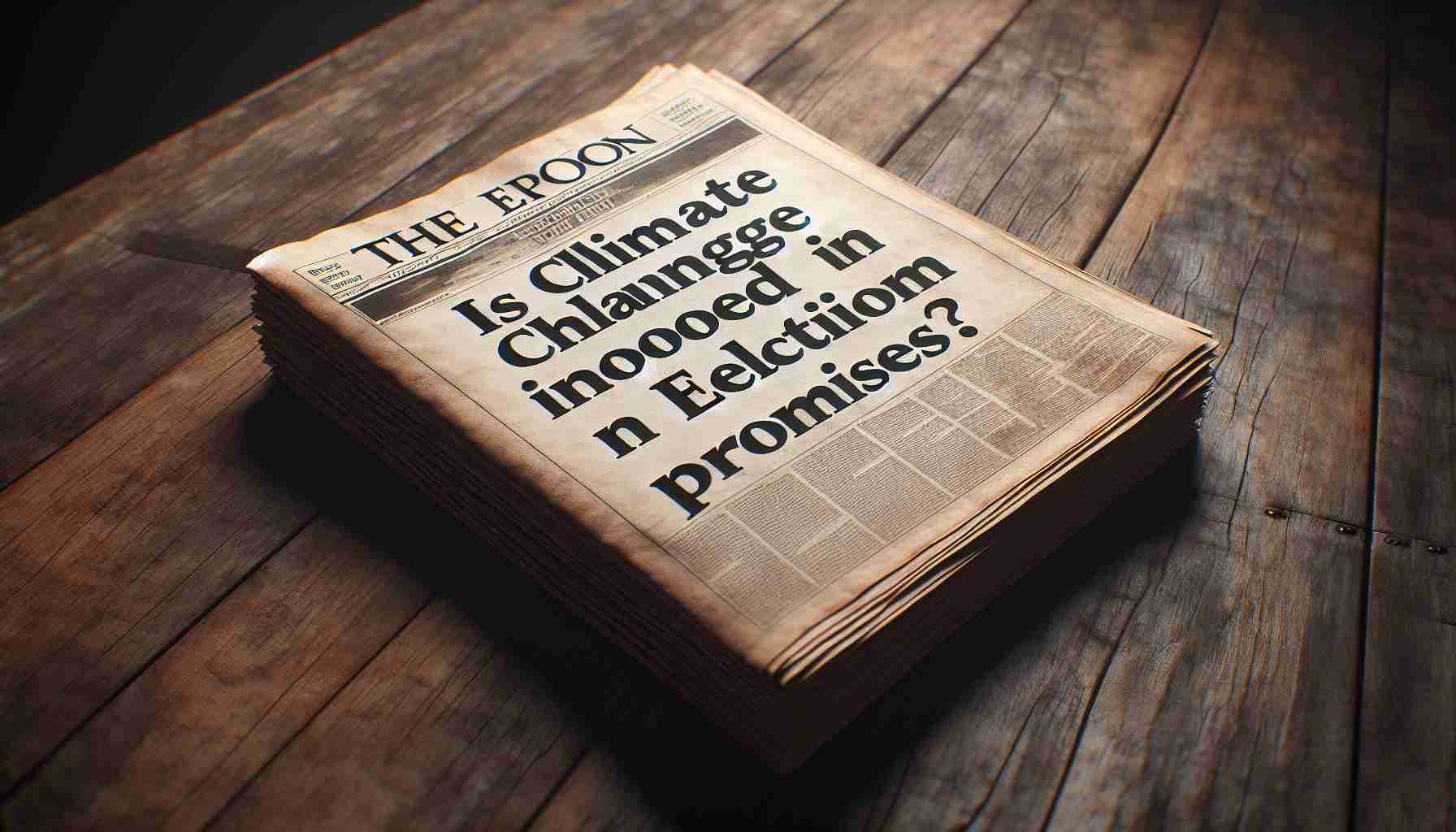The Philadelphia area may have dodged a hurricane this year, but the weather’s not been forgiving. A record-breaking dry spell of 42 days resulted in numerous wildfires across New Jersey and ongoing drought conditions that are troubling for residents.
As the political landscape surges with the upcoming presidential transition, the fallout from the election has sparked debates over energy practices. Controversial claims regarding fracking surfaced, with some politicians promising to halt offshore wind projects along the Jersey Shore. This uncertainty looms large as President-elect Donald Trump prepares to take office, prompting speculation about the future of President Biden’s climate initiatives, which have enabled local homeowners to invest in renewable energy technologies like heat pumps and solar panels.
The recent anniversary of devastating flash floods in Bucks County underscores the escalating impact of climate change, particularly on vulnerable populations such as retirees. Furthermore, the Pennsylvanian fracking debate remains polarized, fueling discussions around the legacy of this controversial method of gas extraction since its inception two decades ago.
Adding to the energy discourse, Trump’s campaign rhetoric included vows to terminate offshore wind development immediately. In contrast, ambitious plans for a hydrogen hub in the Philadelphia area continue to generate optimism among advocates. Despite uncertainties, initiatives like the Inflation Reduction Act, which allocates $400 billion for clean energy and sustainability, could still shape the region’s energy future—if political shifts do not derail them.
Severe Weather Challenges Philadelphia: Analyzing the Future of Energy and Climate Initiatives
Philadelphia’s Weather Crisis and Drought Conditions
The Philadelphia area is currently facing significant weather challenges, including a record-breaking dry spell that has persisted for 42 days. This unprecedented drought has led to rampant wildfires across New Jersey and created ongoing concerns for local residents. The lack of rainfall not only affects the environment but also raises alarms about water supplies, agriculture, and ecosystem resilience.
The Political Climate and Energy Controversies
As the United States gears up for a presidential transition, the political ramifications for energy policies are becoming increasingly evident. The debate surrounding fracking has reignited, with many politicians expressing strong opposition to offshore wind projects along the Jersey Shore. This controversy raises critical questions about balancing energy production and environmental protection.
In particular, the future of President Biden’s climate initiatives is shrouded in uncertainty. Homeowners have been able to embrace renewable technologies, such as heat pumps and solar panels, largely due to the supportive policies enacted in the past years. However, the political landscape could change rapidly, affecting the investments made by local homeowners in cleaner energy options.
Impact of Climate Change on Vulnerable Communities
The recent anniversary of catastrophic flash floods in Bucks County has highlighted the dire implications of climate change, particularly for vulnerable populations, including retirees. These demographic groups often lack the resources to recover quickly from natural disasters exacerbated by climate fluctuations.
Moreover, the ongoing debates surrounding fracking and its environmental consequences continue to polarize public opinion. The discussion has evolved since the technique’s introduction two decades ago, as communities grapple with its impacts on air and water quality.
Innovations and the Potential for Renewable Energy Hubs
Despite the challenges, there are rays of hope in the push for renewable energy advancements. Plans for a hydrogen hub in the Philadelphia area have emerged, driven by local advocates who believe it could serve as a pivotal project in the region’s shift towards sustainable energy sources. This initiative could bolster local economies while reducing carbon emissions and dependence on fossil fuels.
Legislative Trends: The Inflation Reduction Act and Beyond
The Inflation Reduction Act represents a significant investment in clean energy and sustainability, with $400 billion allocated to support various initiatives. While the political landscape poses threats to such programs, their potential to shape the region’s energy future remains pertinent. Keeping these legislative efforts alive could be critical in combatting climate change and fostering a transition towards a greener economy.
Conclusion: The Future of Energy in Philadelphia
With all eyes on the upcoming political developments, the Philadelphia region stands at a crossroads. The confluence of climate challenges, political debates over energy practices, and the promise of innovation could determine the future for local communities and the environment. Engaging in dialogue about sustainable practices while prioritizing vulnerable populations may pave the way for a more resilient and environmentally conscious Philadelphia.
For more insights on local weather and climate initiatives, visit Philly.com.












